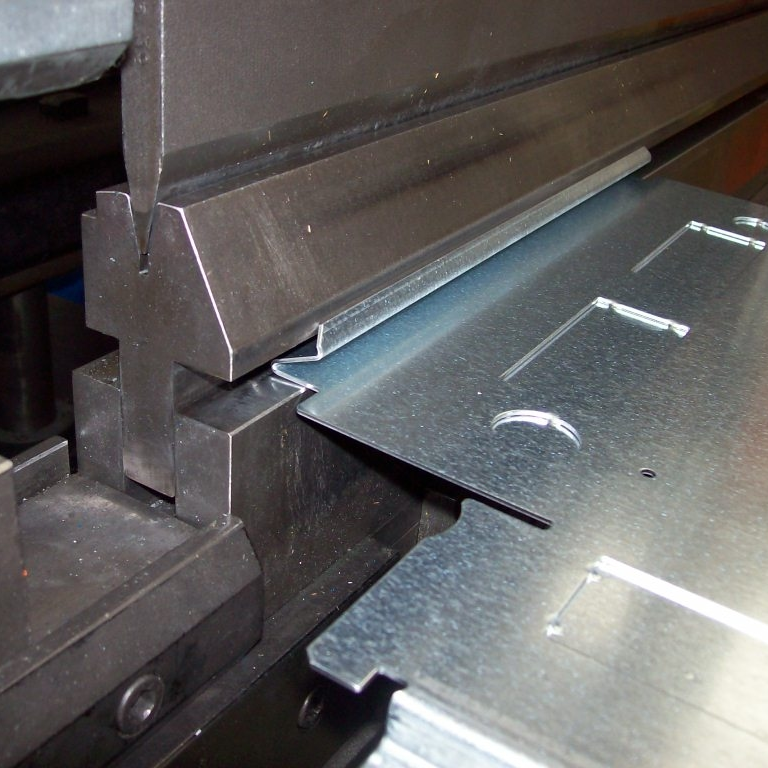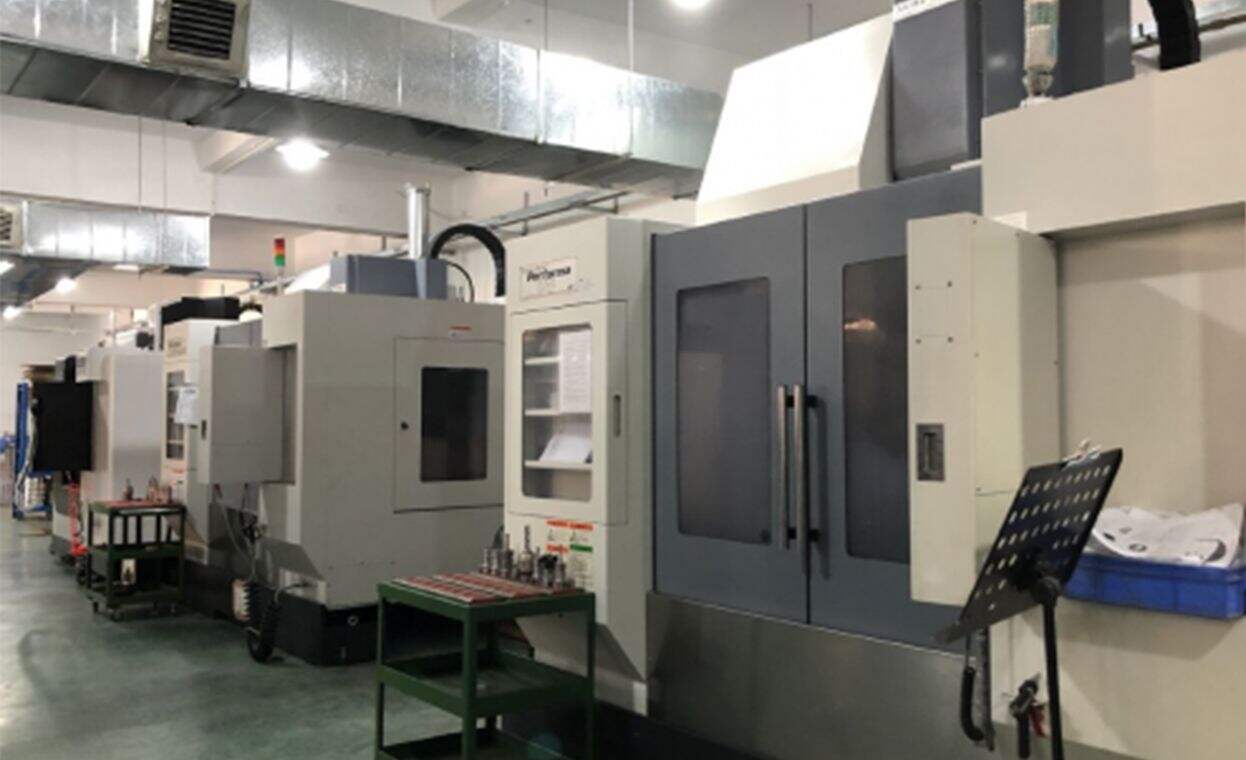
Sheet metal fabrication is a versatile manufacturing process that involves cutting, bending, and forming thin sheets of metal. It is capable of producing complex precision parts with high accuracy. The process allows for complex designs and tight tolerances, ensuring that the final product meets the required specifications. . And its use of standardized materials and efficient production techniques reduces material waste and minimizes production time, and its use of sheet metal can also be easily procured, further contributing to cost savings. Based on these, it is widely used in automobile, construction, aerospace, electronics and other industries.

RMT is a precision custom manufacturing provider. We provide high-quality manufacturing with on-time delivery at competitive prices. Express your requirements and once confirmed, we will develop a solution that satisfies you. Every step in the process We will continuously communicate with you at every stage so that you can understand all the information about product manufacturing.
Put the needs and expectations of customers first and center, customize satisfactory solutions with personalized services for them, and exceed customers' expectations, thereby cultivating reliable long-term trust relationships.
Guiding clients through the custom manufacturing process from concept to completion, our consultants work closely with each client to understand their unique specifications and provide strategic insights for personalized production solutions
We utilize state-of-the-art machinery and strict quality control measures to manufacture components to precise tolerances. Every part undergoes rigorous inspection to ensure micron-level accuracy to meet the most demanding specifications.
From raw materials to finished products, we meticulously adhere to strict standards, monitoring and testing every step using cutting-edge methods to guarantee consistent performance and durability in all our products.
Sheet metal fabrication is a manufacturing process that involves shaping, cutting, and forming thin sheets of metal into desired components or structures. It typically includes processes like cutting, bending, welding, and assembly.
Sheet metal fabrication uses precise measurement, CAD/CAM software, and CNC machinery to ensure accurate cutting, bending, and forming of the metal sheets.
Design considerations include material selection, appropriate bend radii, tolerances, nesting of parts for efficient material usage, and consideration of manufacturing processes.
Sheet metal fabrication offers advantages such as high precision, excellent strength and durability, cost-effectiveness, design flexibility, and scalability for different production volumes.
Laser cutting uses a high-powered laser beam to cut through the metal with precision, while traditional cutting methods involve mechanical cutting tools such as shears or saws.
Common finishing techniques include deburring, grinding, polishing, powder coating, painting, and plating to improve aesthetics and protect against corrosion.
